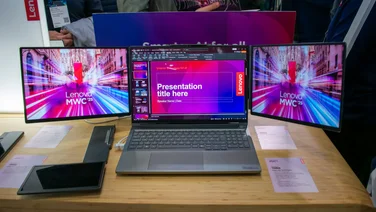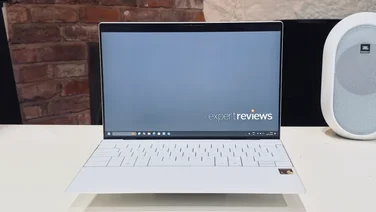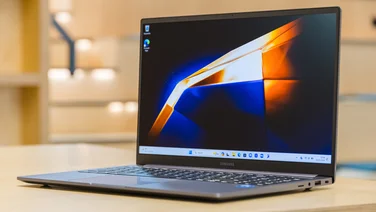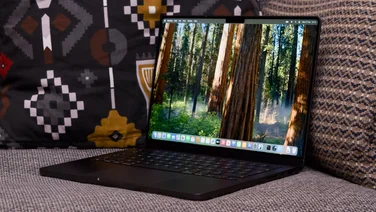To help us provide you with free impartial advice, we may earn a commission if you buy through links on our site. Learn more

Mesh’s large desktop-replacement laptop has a big 17in screen with a resolution of 1,440×900, which is slightly higher than the 1,366×768 used by many 15.6in laptops. Sadly, though, it’s not one of the newer 17.3in screens with an even higher resolution of 1,600×900. The screen is bright, but colours aren’t as sharp or as vibrant as on other displays. If you’d rather connect an external monitor, there’s a VGA output, but no HDMI. Sadly, the onboard Nvidia GeForce G 105M graphics aren’t very quick, scoring just 7.8fps in our Call of Duty 4 test. If you’re more interested in work, however, you’ll be pleased with the large keyboard. Feedback isn’t perfect and the keys feel a little soft, but we soon got used to them. The touchpad is small compared to the size of the laptop, but it’s accurate. Power isn’t a problem with this laptop as it has a fast 2.53GHz Core 2 Duo P8700 processor and 4GB of RAM. It sped through our benchmarks. Its image-editing score of 101 is around the same speed as our Phenom X4 reference system. The 500GB hard disk is large enough for all but the biggest media libraries. The speakers sound tinny, but there’s an S/PDIF port for connecting a surround-sound amplifier for better-quality sound. The Edge is the only £650 laptop here without built-in Draft-N wireless networking, but this will only be a concern if you regularly copy large files over your wireless network. As you’d expect for a laptop with such a large screen, the Edge 17 is heavy at 3kg and bulky to carry – not that you’d want to take it out anyway, as the incredibly poor battery life of just over an hour-and-a-half means you can’t use it away from a power socket for long.
The Edge 17 M870CL CS’s big screen and powerful processor make it a decent choice for a desktop replacement, but its poor battery life and 3D performance let it down. Dell’s Studio 15 is a better choice for most people.






